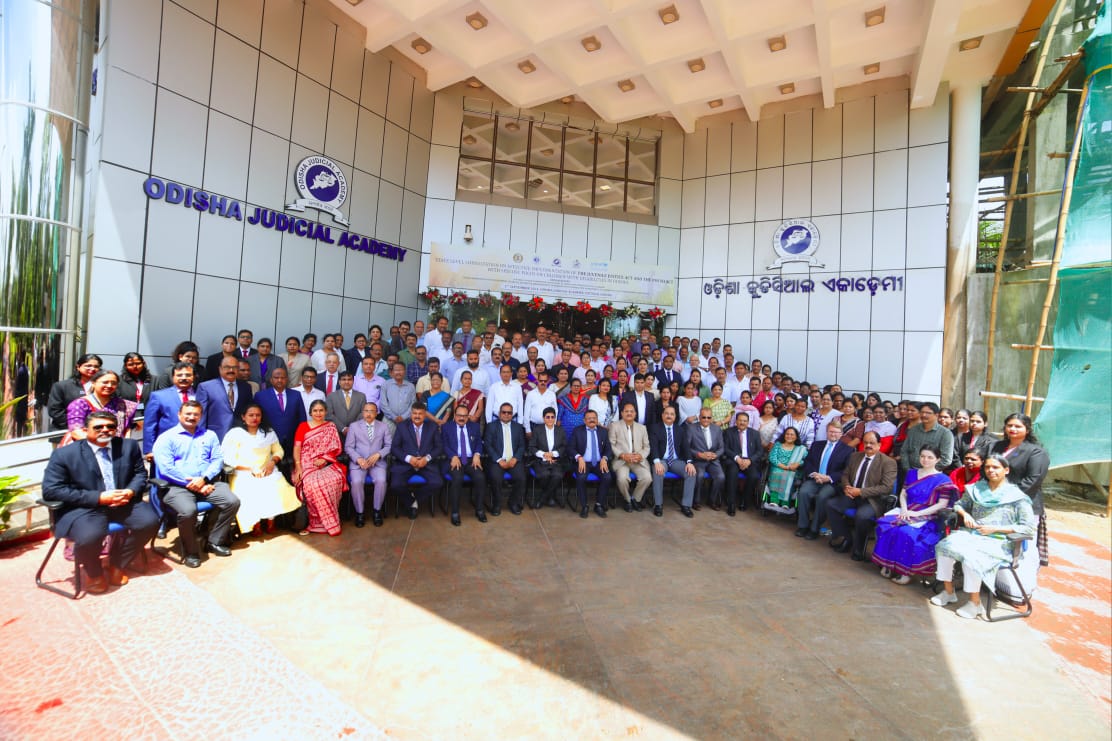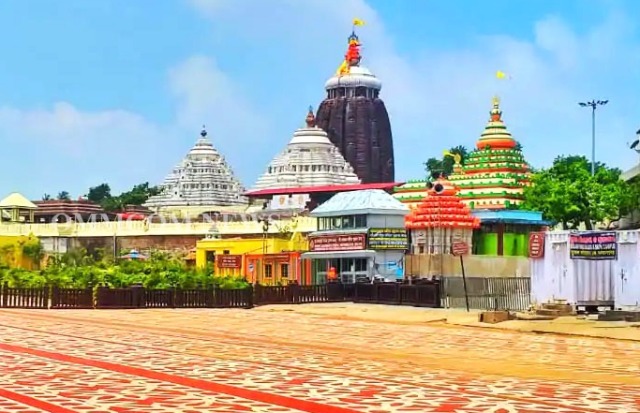Cuttack: Chief Justice Chakradhari Sharan Singh of the Orissa High Court called for increased inclusivity for children with disabilities within the juvenile justice system. Speaking virtually at the ninth Annual Stakeholders Consultation on the Protection of Children with Disabilities, held at the Odisha Judicial Academy in Cuttack, Justice Singh underscored the need to address the unique challenges faced by these children.
“We must acknowledge that children with disabilities face distinct challenges and vulnerabilities that demand specialized attention and care. The effective implementation of legal frameworks requires a comprehensive approach that considers their specific needs,” said Justice Singh.
He urged stakeholders to commit to upholding the rights of all children, especially those with disabilities, as part of the broader goal of creating a more just and equitable society.
The consultation focused on state efforts to protect children with disabilities under the Juvenile Justice Act, which categorizes them as either Children in Need of Care and Protection (CNCP) or Children in Conflict with the Law (CCL). Justice Debabrata Dash, Chairperson of the Juvenile Justice Committee, highlighted systemic deficiencies in providing equal treatment and opportunities to disabled individuals. “Our system has gaps in ensuring equitable treatment. Today’s consultation aims to identify these loopholes and address them to build a better future,” he stated.
A UNICEF study from August 2022 estimates that one in three children in institutions has a disability. Furthermore, children with disabilities are disproportionately represented in Child Care Institutions, with up to 25 percent having intellectual disabilities or mental health conditions. The study also revealed that the mortality rate for children with disabilities in institutional care is 100 times higher than for other children. William Hanlon Jr., Chief of Field Office at UNICEF, emphasized the importance of inclusion. “Excluding children with disabilities undermines our global commitment to ‘Leaving No One Behind.’ We must reaffirm our commitment to creating an environment where these children are protected and empowered to reach their full potential,” he said.
Bishnupada Sethi, Principal Secretary of the Social Security and Department of Empowerment of Persons with Disabilities, stressed the need to focus on the 60 to 70 lakh people with disabilities in Odisha. “To become a developed state with a $500 million economy by 2036 and a $1.5 trillion economy by 2047, we must reaffirm our commitment to people with disabilities,” he said.
Shubha Sarma, Principal Secretary of the Department of Women & Child Development, discussed the department’s initiatives and announced a collaboration with UNICEF and the SSEPD department for vulnerability mapping. “We will identify at-risk children with disabilities and develop a joint action plan based on our findings,” she added.
The consultation was attended by high court judges, juvenile justice committee members, senior government officials, legal experts, civil society representatives, and disability rights activists. The discussions aimed to enhance the protection and inclusion of children with disabilities within the juvenile justice system.





